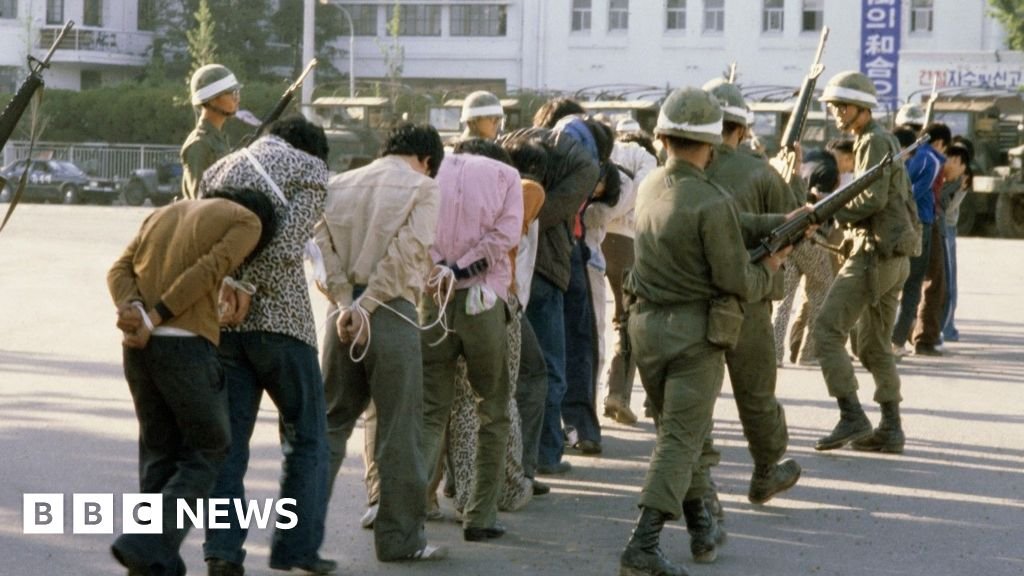There is a perception among a large part of the population, especially among the elderly, that in the past martial law was necessary for stability and democracy.
“Back then, it was a time defined by an ideological war between democracy and communist socialism,” said 83-year-old Kang Hyo-san. He was sitting next to his friend Mr. Koh in a coffee shop on Gwanghwamun, Seoul’s main square and focal point for the city’s protest rallies.
Competing ideologies would lead to clashes, and “when the military intervened, the situation stabilized… it was a process of restoring order and properly establishing a free democracy.
“Given the circumstances, we couldn’t help but look at it positively,” he said, adding that he felt each period of martial law left the country in a more “favorable” position. Martial law in South Korea was “fundamentally different” from other countries where it was not about killing people or senseless violence, he insisted.
But this time everything is different. Both octogenarians found Yun’s declaration of martial law unacceptable. “Although we have faced martial law many times in our lifetime, there is no justification for declaring it this time,” Mr Koch said.
Like them, Ms. Kim, an environmental activist, was glad that Yoon did not succeed and that democracy ultimately prevailed. “Because we fought so hard to get it, right? We don’t want to lose it again.
“What is life without democracy and freedom of life?”

